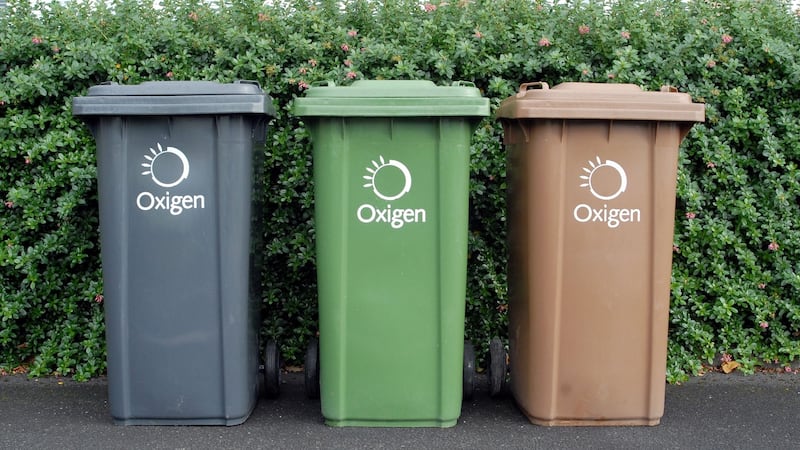European shares hit a one-week high on Wednesday on a boost from energy stocks and as Italian lenders rebounded from the previous session’s sharp losses after the government eased its stance on the windfall tax on banks.
Euro zone banks gained 1.4 per cent after a 3.5 per cent slump a day earlier, when Italy’s government announced a cap on a windfall tax for the country’s lenders. It clarified that the 40 per cent windfall tax would not amount to more than 0.1 per cent of their total assets.
Dublin
The Iseq index fell almost 1.3 per cent on Wednesday as a sharp decline for Flutter Entertainment led the Dublin market lower. The Paddy Power Betfair owner extended Tuesday’s 1 per cent less with a heftier drop of 4.4 per cent, finishing at €165.85 after it posted a substantial jump in half-year profit but warned of a weaker outlook in the Australian market. Flutter’s London-listed shares fell 3.4 per cent.
After the torrid time for banking stocks in the previous session following Italy’s surprise announcement of a windfall tax on its banks, it was a better day for AIB and Bank of Ireland, with investors’ nerves settling. The former stock advanced 2 per cent to €4.31, while Bank of Ireland nudged up 0.25 per cent to €9.61.
RM Block
But Ryanair closed 2.3 per cent lower at €15.72, building materials giant CRH waned 1 per cent to €53.40 and Glanbia eased 0.9 per cent to €14.14, making the Irish stock market the only European one to fall on the day.
London
The UK’s FTSE 100 rose 0.8 per cent, driven by a sharp rally in energy and mining stocks after Chinese deflation spurred hopes of more stimulus, while upbeat blue-chip earnings also boosted sentiment. The mid-cap FTSE 250 closed 0.5 per cent higher.
Industrial metal miners climbed 1.5 per cent as metal prices rose after data showed the world’s top metals consumer China fell into deflation, while the energy sector rose 2.5 per cent, led by BP’s 2.6 per cent gain as the price of Brent crude oil touched its highest level since April.
Among companies reporting, bottler Coca-Cola HBC rose 0.7 per cent after raising its annual sales outlook.
Lloyd’s of London insurer Hiscox was the FTSE 100′s biggest loser, falling 6 per cent as a weaker retail outlook overshadowed a jump in first-half profit.
Europe
The pan-European Stoxx 600 ended up 0.4 per cent, with data showing China slipped into deflation also providing a boost to risk sentiment.
Italian lenders such as Finecobank, Banco BPM and UniCredit added between 4.3 per cent and 7.1 per cent, while the banks-heavy FTSE MIB index rose 0.4 per cent.
The oil and gas index advanced 2.3 per cent, posting its best day in two months as oil prices hit their highest levels since April.
Elsewhere, Delivery Hero advanced 4.7 per cent after the German online takeaway food company raised its full-year revenue outlook.
US
Wall Street’s main indexes fell in early trading ahead of a key inflation report this week, with investors also assessing remarks from US Federal Reserve officials.
Rate-sensitive megacap growth and technology stocks, that have led the Wall Street rally this year, such as Nvidia, Apple and Tesla were down between 1.3 per cent and 4.6 per cent.
Big banks extended losses, with Bank of America and Wells Fargo down 1 per cent and 1.5 per cent respectively.
Lyft signalled it would double down on competitive pricing to catch up with rival Uber, taking the shine off its strong earnings forecast and sending the company’s shares down 5.4 per cent. – Additional reporting: Reuters




















